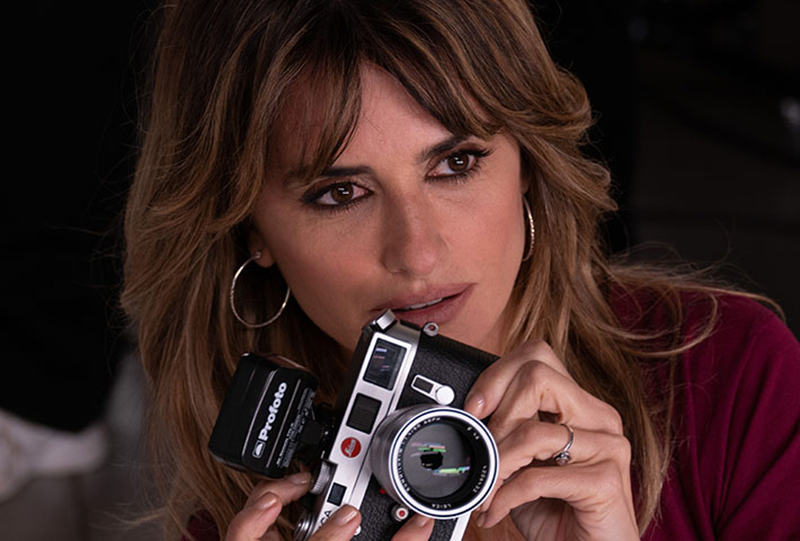Later this evening, the 2021 film season will come to an official close when the winners of the Academy Awards are announced. And yet, for such a rich past year in film , I find myself weirdly ambivalent about the proceedings in a year that saw the world trying to bounce back from the pandemic to mixed results. The actual ceremony this year has been plagued with its own issues –the relegation of some awards in the live portion of the ceremony, the strangeness of the “popular film” category poll, the concerns about COVID precautions after the potential super-spreader status of this year’s BAFTA ceremony, and the recent revelations of which stars have been invited (and not invited) to the scaled down events.
2021 has been a great year for movies, no matter what the actual nominees look like and as we look at the class of 2021 acting performances, it does offer a varied glimpse into the state of film today even as some of the best performances of the last year are egregiously absent. None of the four categories offers a perfect slate of nominees, although each offers a range of different types of performers and performances. Here’s a look at class of Oscar nominated actors for 2021:
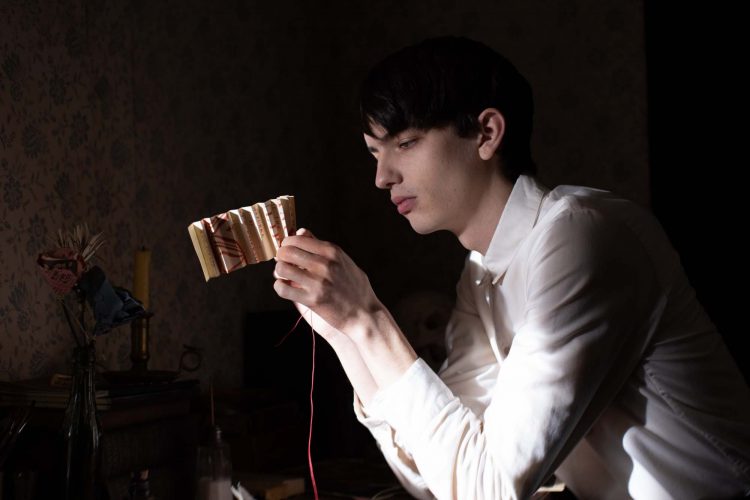
Best Supporting Actor
My pick: Kodi Smit-McPhee in “The Power of the Dog”
The rest of the lot from best to worst: Jesse Plemmons in “The Power of the Dog”; Troy Kotsur in “CODA”; J. K. Simmons in “Being the Ricardos”; Ciarán Hinds in “Belfast”
Of the four acting categories, this feels like the most tepid this year. The category features a quintet of performances from four films, three of them Best Picture nominees from 25-year-old Smith-McPhee all the way to 69-year-old Hinds. It’s nice to see a stalwart like Hinds earn his first nomination, and yet it’s a performance that’s hard to feel passionate about, especially when co-star Jamie Dornan seems to be doing more engaging work from the thinly drawn adult characters in “Belfast”.
Hinds and Simmons, the mature duo of the group, are the weakest. It’s not so much that either is a “bad” performance but more that they both feel like generally indistinct performances within their respective films. One might imagine ardent fans of either films, or either performers, finding comfort in their turns here – which give neither performer much need to stretch beyond their usual on-screen performers. Kotsur, favoured to win for his role as the idiosyncratic father in “CODA” gives a dependable turn that feels similar to Plemmons’ devoted husband in “The Power of the Dog”. In both cases, both dependable turns are upstaged by more engaging work by their on-screen wives: Marlee Matlin in the first case, and Kirsten Dunst in the other. Still, as far as “supporting” performances go, the warmth running through both feels central to the ensemble dynamics of both films. Smith-McPhee’s slow-burn turn as the decisive Peter feels like the most complex work of the category, even if “The Power of the Dog” feels like a rare Jane Campion film where the actors feel less vital to the mood than the technical aspects around them. Still, Smith-McPhee manages to us his lankiness to intriguing effect in his work, and turns in a performance that deepens and mutates against each of the key cast members.
If we had to entertain a double nominee in this category, though, I’d be more excited for the Jeffrey Wright/Benicio del Toro duo from “The French Dispatch” as two rifts on committed “artists,” or Anders Danielsen Lie and Herbert Nordrum in “The Worst Person in the World” as two potential beaus for our conflicted heroine.
The actual best supporting actor of 2021: Jeffrey Wright in “The French Dispatch” for a deft, humorous turn that builds on natural energy to wonderful effect
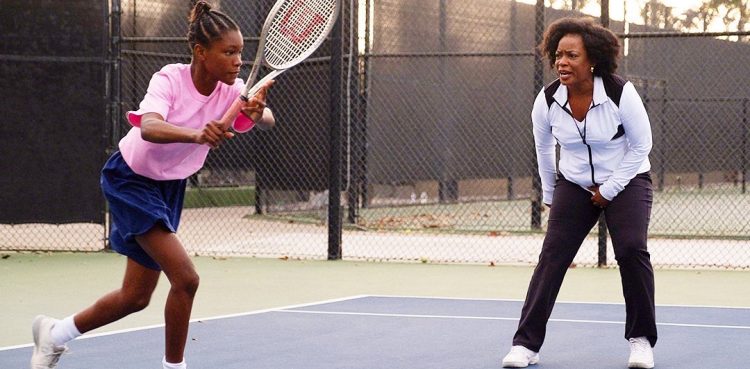
Best Supporting Actress
My Pick: Aunjanue Ellis in “King Richard”
The rest of the lot from best to worst: Kirsten Dunst in “The Power of the Dog”; Jessie Buckley in “The Lost Daughter”; Ariana De Bose in “West Side Story”, Judi Dench in “Belfast”
In an ideal world, it would be Ellis – and not Will Smith – who would easily stroll to a win for the performance in “King Richard” that is consistently rewarding, unpredictable, emotive and so complex. It’s the surest sign of a supporting performer who understands to do more than the role offers on the page, so even as Oracene might read as being on the side-line, the camera keeps finding Ellis on the fringes, adding texture to every moment and making us recontextualise this “King Richard”. She stands above her competitors, but has a fierce competitor in Dunst in “The Power of the Dog”, also adding texture – often in silence – to a story where she is not always centred. That Campion is more preoccupied with the concepts of “The Power of the Dog” than the specific people is only part of the film’s own labyrinth of ideas, but Dunst emerges as the best-in-show here with the best chemistry with each of her co-stars: the cadence of her voice with her husband, the darting eyes with her brother-in-law, and the paradoxical dependency and mothering with her son. If voters become swept away by “The Power of the Dog”, it would be a worthy choice. Still, both Ellis and Dunst are unlikely to reach the podium with a dancing diva keeping them at bay.
Enter Ariana De Bose. In some ways, it is as if the role preceded the plaudits. How could any “West Side Story” not demand that Anita get our attention? And although De Bose is a dependable Anita, I found myself often sceptical off the nuances beneath the surface. She sings beautifully, her dancing is energetic. Still, like so much of Spielberg’s film the texture beneath the glossy sheen feels a bit too hollow. In a year of so many possibilities, that De Bose has danced through the award season picking up the majority of laurels feels like a disappointment representative of 2021. Rounding out the category are an English legend playing Irish and an Irish ingénue playing English. The joys of acting. Both women feel stunted by their roles, although Buckley gives a good performance as the frustrated mother Leda. So much of “The Lost Daughter” feels dramatically listless, though, so that Buckley’s valiant efforts feel lost in a film that asks her to play the same note repeatedly. Elsewhere, in “Belfast” the wonderful Judi Dench is saddled with a sliver of a role that asks little of her. She acquits herself, specific and sharp where she can be but in such a storied career, and with so many better options, the mention feels like a loss. Imagine our luck with Ruth Negga’s luminous Clare Kendry from “Passing”, the best performance of 2021, in this group? Were she joined by Jayne Houdyshell’s mother-on-the-brink-of-a-breakdown in “The Humans”, or Gabby Hoffman’s mother doing her best in “C’mon C’mon”, or Martha Plimpton’s grieving mother in “Mass,” we’d all be so much luckier.
The actual best supporting actress of 2021: Ruth Negga in “Passing”
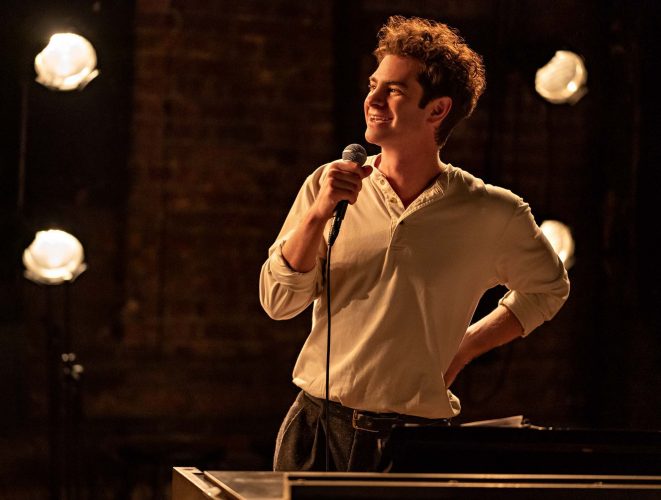
Best Actor
My pick: Andrew Garfield in “Tick, Tick… Boom”
The rest of the lot from best to worst: Benedict Cumberbatch in “The Power of the Dog”; Javier Bardem in “Being the Ricardos”; Will Smith in “King Richard”; Denzel Washington in “The Tragedy of Macbeth”
I will say this, each of these five men is putting herculean efforts into their performances even if one in particular fails to engage me. Like De Bose in “West Side Story”, the character more than the effort feels central to the plaudits in “The Tragedy of Macbeth”. Washington is putting great effort into his Shakespearean turn, but that film’s own ambivalent approach to the text leaves him abandoned in a performance that never feels earnestly in key with the trajectory of the character. The remaining quartet are all in better, if not all perfect. Bardem and Smith (like Kotsur and Plemmons) are also upstaged by their onscreen wives. If Smith is the less effective of the two, by a slight edge, it is only because he carries the weight of “King Richard” on his shoulder in a register that he’s sometimes too out of sync with, but he’s excellent in the ensemble moments opposite his family not just with Ellis but opposite the child-performers. Like Bardem, who is best in his scenes opposite Kidman but good opposite the entire cast, Smith is a great team-player. Neither is a performance for the ages, but they’re genuinely rewarding work and Smith’s likely coronation is hardly offensive.
Cumberbatch and Garfield are two second-time-nominees stretching their own screen identities in divergent ways. I’ve always found Cumberbatch more interesting when he capitalises on his ability to play characters who are unpleasant to be around (he’s incredibly effective as the exhausting Charles Jr in “August Osage County” for example) and Campion puts that to good use here in a performance that’s both menacing and pathetic. But it’s Andrew Garfield who is doing the strongest work here. As much as I like his off-screen enthusiasm, my relationship with his work as an actor has been rocky. In moments, great directors can extract gold from him like his indelible turn in Martin Scorsese’s “Silence.” Luckily Lin Manuel Miranda, first-time director, manages to capture a specific kind of anxious, frustrating energy in him that works wonders in “Tick, Tick… Boom”. It’s kind of layered, engaging work that makes audiences go “Oh, I didn’t know he could do that!” that would be an easy win in another year without the celebrity of Will Smith to compete with. Still, I’d happily replace this entire slate with the uncle-nephew duo of Joaquin Phoenix and Woody Norman in “C’mon C’mon”, Dev Patel’s uncertain hero in “The Green Knight”, Amir El Masry’s warm comedic presence in “Limbo”, and the suffering heroism of Amir Jadidi in “A Hero” – four of the best films of the year that have amassed a total of zero Oscar nominations.
The actual best actor of 2021: Amir Jadidi in “A Hero”
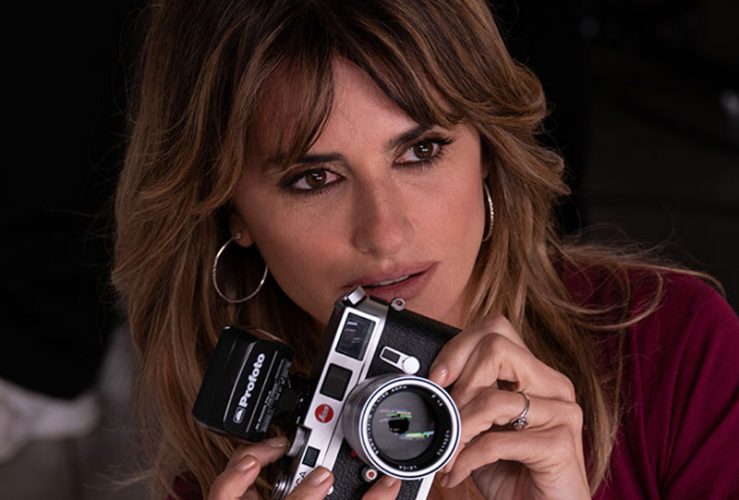
Best Actress
My pick: Penélope Cruz in “Parallel Mothers”
The rest of the lot from best to worst: Nicole Kidman in “Being the Ricardos”, Olivia Colman in “The Lost Daughter”; Kristen Stewart in “Spencer”; Jessica Chastain in “The Eyes of Tammy Faye”
The seemingly volatile Best Actress race seems to have reached a kind of stalemate for predictors with Jessica Chastain being tipped as the likely winner on this her third nomination. It, perhaps, would not be unusual – a fussy, make-up heavy, biopic turn where she is centred throughout. And, yet, it feels so unfortunate for Chastain whose best work (tenacious and determined in “Take Shelter”, seductive and exacting in “A Most Violent Year”) has often elided awards, to earn a win for a performance that gives in to some of her worst instincts. Certainly, a lot of the messiness of the performance feels hinged on the truly abominable film that leaves its performers askance, and Chastain’s work is intentional even if it is often ill-judged. It’s a compelling turn in a fascinating way, but it’s an ultimately unrewarding performance. In moments, we can see Chastain struggling to bring some kind of focus to the film’s lethargic approach to characterisation, but she is the most unrewarding of the 20 nominees. Even as Stewart, like Chastain, is working within a very specific framework of fussy, transformative, biopic turn – and even though I am not especially compelled by her performance, it’s not a ruinous one. If Chastain is failed by “Tammy Faye”, Stewart finds herself set up for a challenge she can’t quite scale. Although I can appreciate her intentional approach to adding nuance to Diana, and she is occasionally effective, she seems overwhelmed by the oppressiveness of Larrain’s film.
Better, though not ideal, is Olivia Colman in “The Lost Daughter”. It’s typically interesting work from Colman, whose talent for facial specificity is always rewarding and helps to save the occasional listless incoherence in “The Lost Daughter”. The film itself feels like too insubstantial a take on such prickly material, but Colman – unlike Chastain and Stewart – offers a good example of how to harness a film’s inconsistencies into a performance that works beyond it. Nicole Kidman in “Being the Ricardos” is even better at this. Even though Aaron Sorkin does too much in his film, Kidman’s work would be the only biopic performance of the lot that would make a credible winner. There’s not a single frame in “Being the Ricardos” where she does not seem firmly in control of who Lucille Ball is, what she is thinking, what she wants the characters around her to think about her and how she also wants the audience watching her to feel. In a somewhat open field, it’d be great to see her pick up a second Oscar for playing a different kind of creative woman.
How lucky for us, though, that in the class of 2021, we have an actual performance for the ages among the nominees in Penélope Cruz – the best of the 20 nominees. And how lucky for Pedro Almodóvar that he has Cruz to navigate the shifts in tone, mood and form in “Parallel Mothers”, a thoughtful and beautiful rumination on motherhood and history. Watching Cruz navigating the conflicting emotions of her mercurial photographer has been one of the most engaging rewards of 2021 cinema, and her nomination after a strange award season feels like a wonderful thing. Dare I hope for the actual best performance to earn an unexpected win?
The actual best actress of 2021: Penélope Cruz in “Parallel Mothers”

